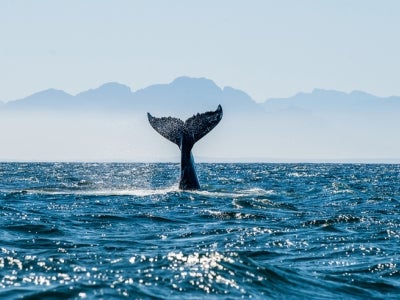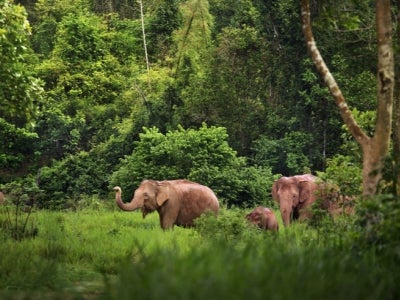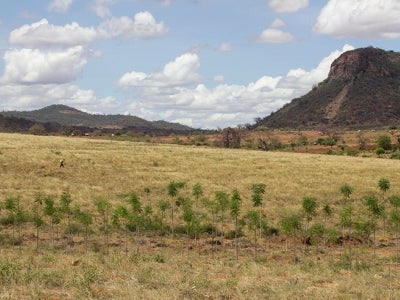The GEF took part in the IUCN World Conservation Congress 2020, held in Marseille, France from September 3-11, 2021.
The IUCN Congress urged governments to implement a nature-based recovery from the pandemic, investing at least 10% of global recovery funds in nature, and adopted a series of resolutions and commitments to urgently address the interlinked climate and biodiversity crises.
The event was made up of three main components: The Members’ Assembly, where IUCN Members vote on priority actions; the Forum, a global marketplace of conservation science and innovation; and the Exhibition, where exhibitors can showcase their work to Congress participants and the public.
The first hybrid in-person and virtual environmental event since the COVID-19 pandemic began, the Congress will drive action on nature-based recovery, climate change, and biodiversity for decades to come.
The GEF organized a series of virtual and in-person events from September 4-6.
GEF Events
GEF-supported Pavilions
The GEF delegation participated in a number of events at the following pavilions:
Vital Sites for a Protected Planet
The Vital Sites Pavilion highlighted how fair and effective protected and conserved areas are a foundation for addressing biodiversity and development challenges, and are essential for human health and well-being.
Post-2020 Pavilion
The Post-2020 Pavilion is a six-day program of substantive sessions. The topics of discussion relate to the full spectrum of issues under deliberation in the official Post-2020 Global Biodiversity Framework (GBF) negotiations.



